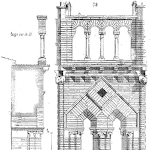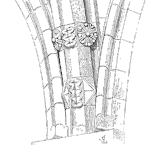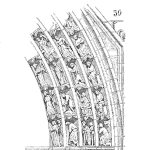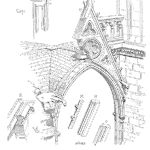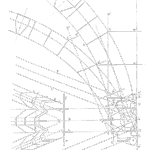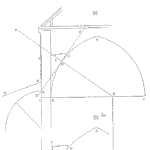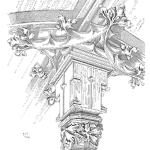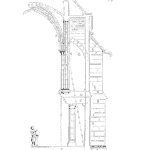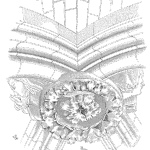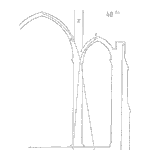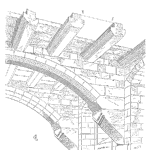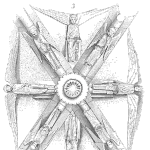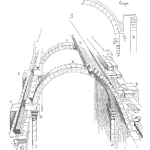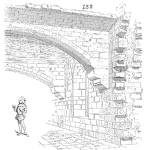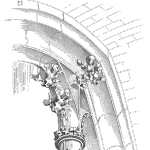
There are a lot of reliability tools.
From FMEA to FTA, from ALT to HALT, from derating to sneak circuit analysis. We also have a lot of acronyms. We cannot afford to do all the tasks, so which do we select and why?
Each activity has some reason for existing. Each has some question that it helps answer. HALT helps to find what will fail. ALT helps to determine when failures may occur.
Knowing what each tool is capable of doing is a start. Knowing what you need to know is essential.
